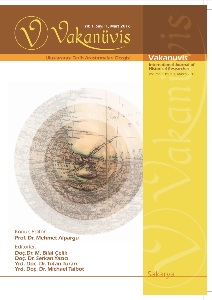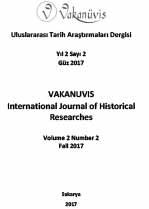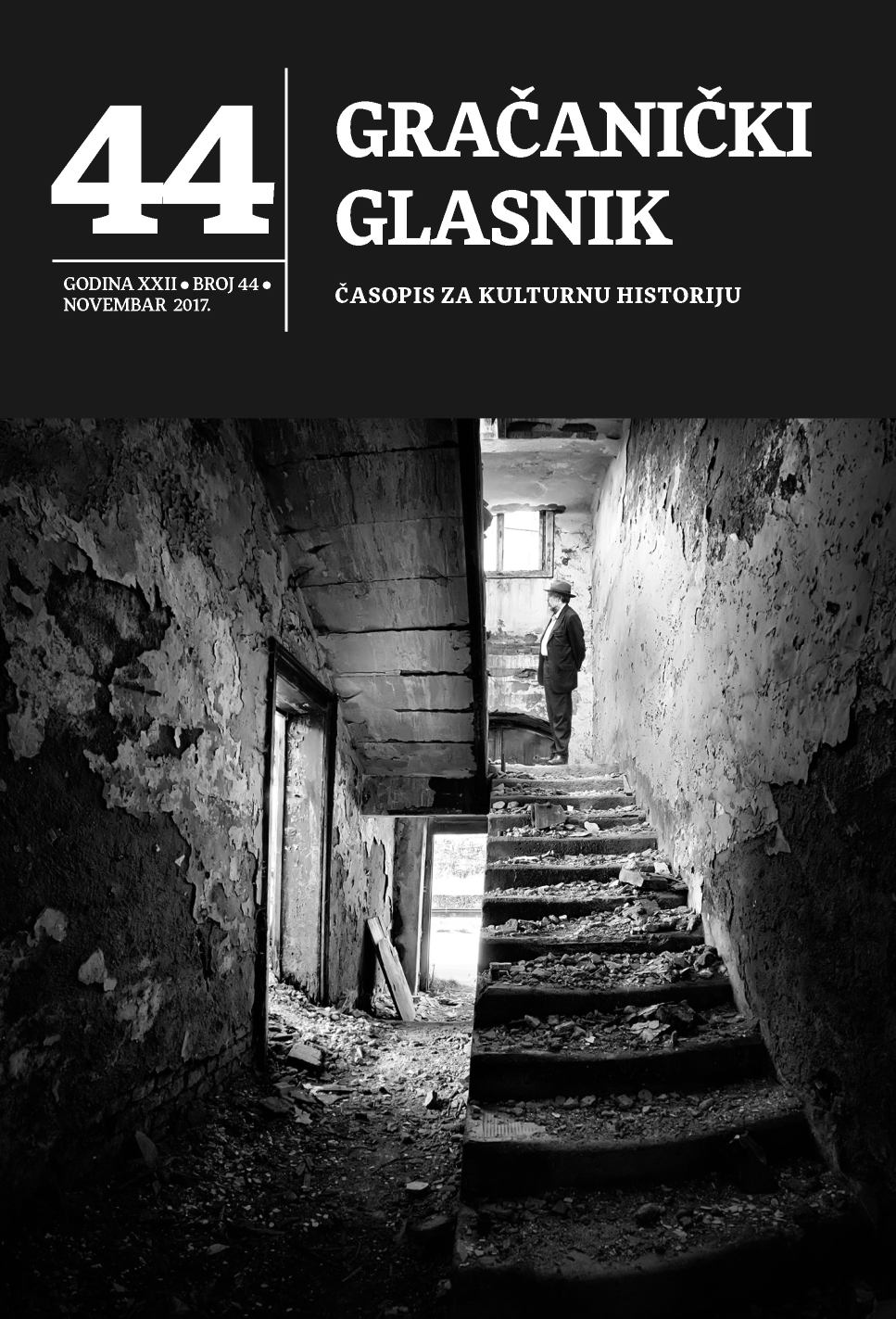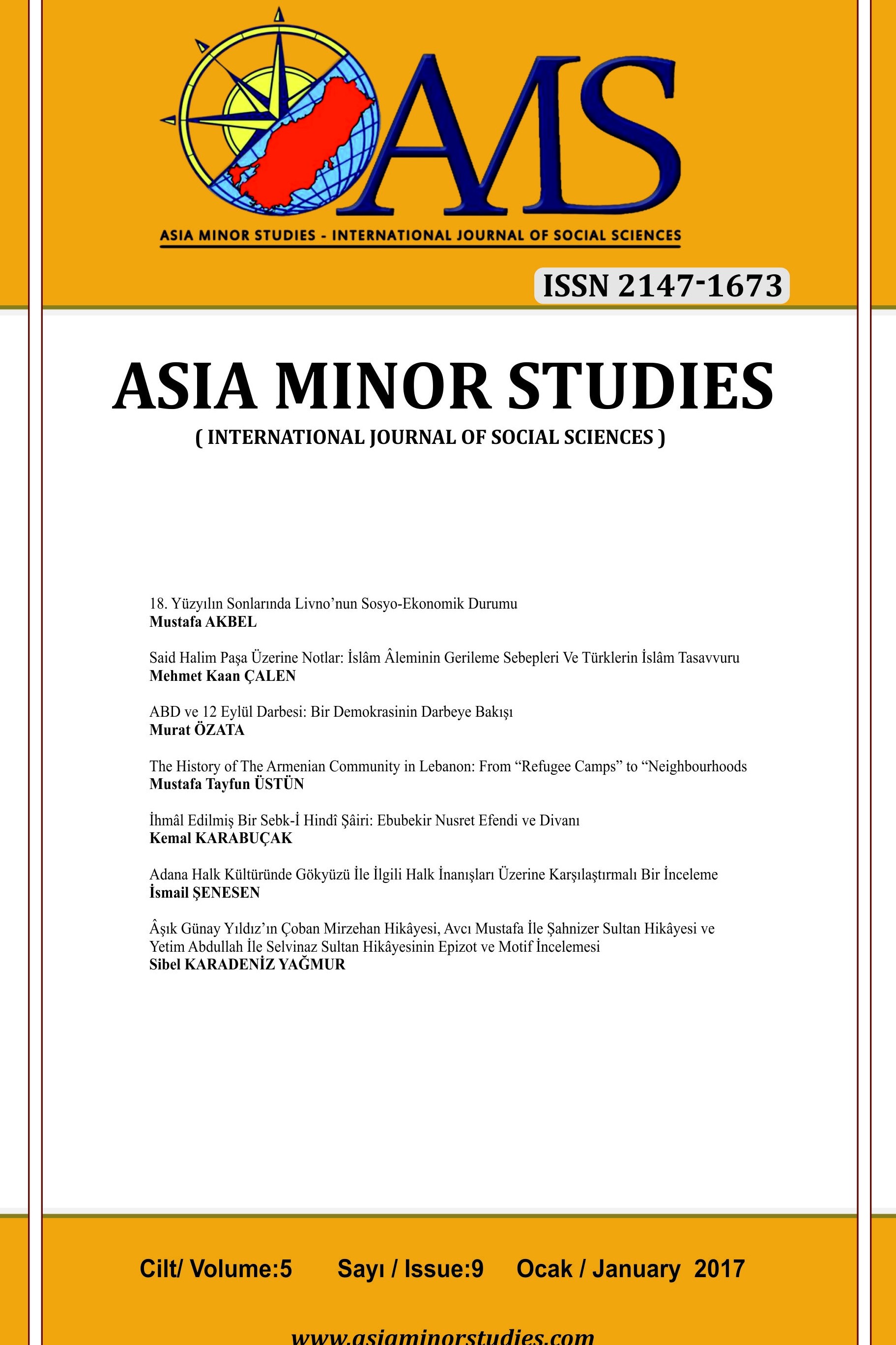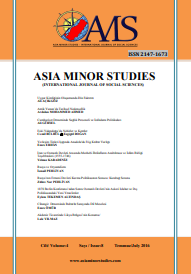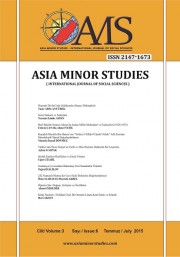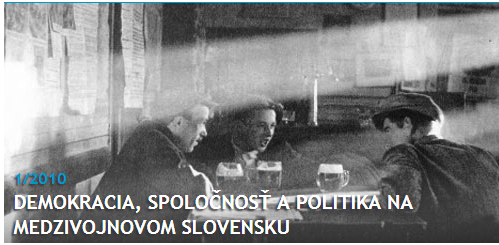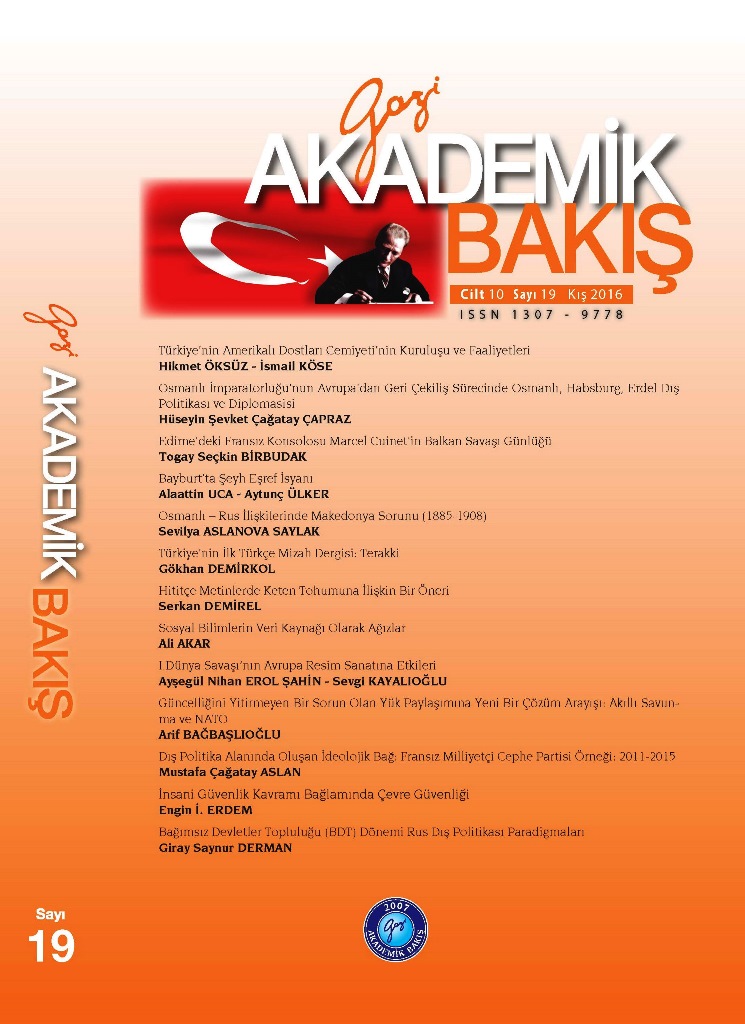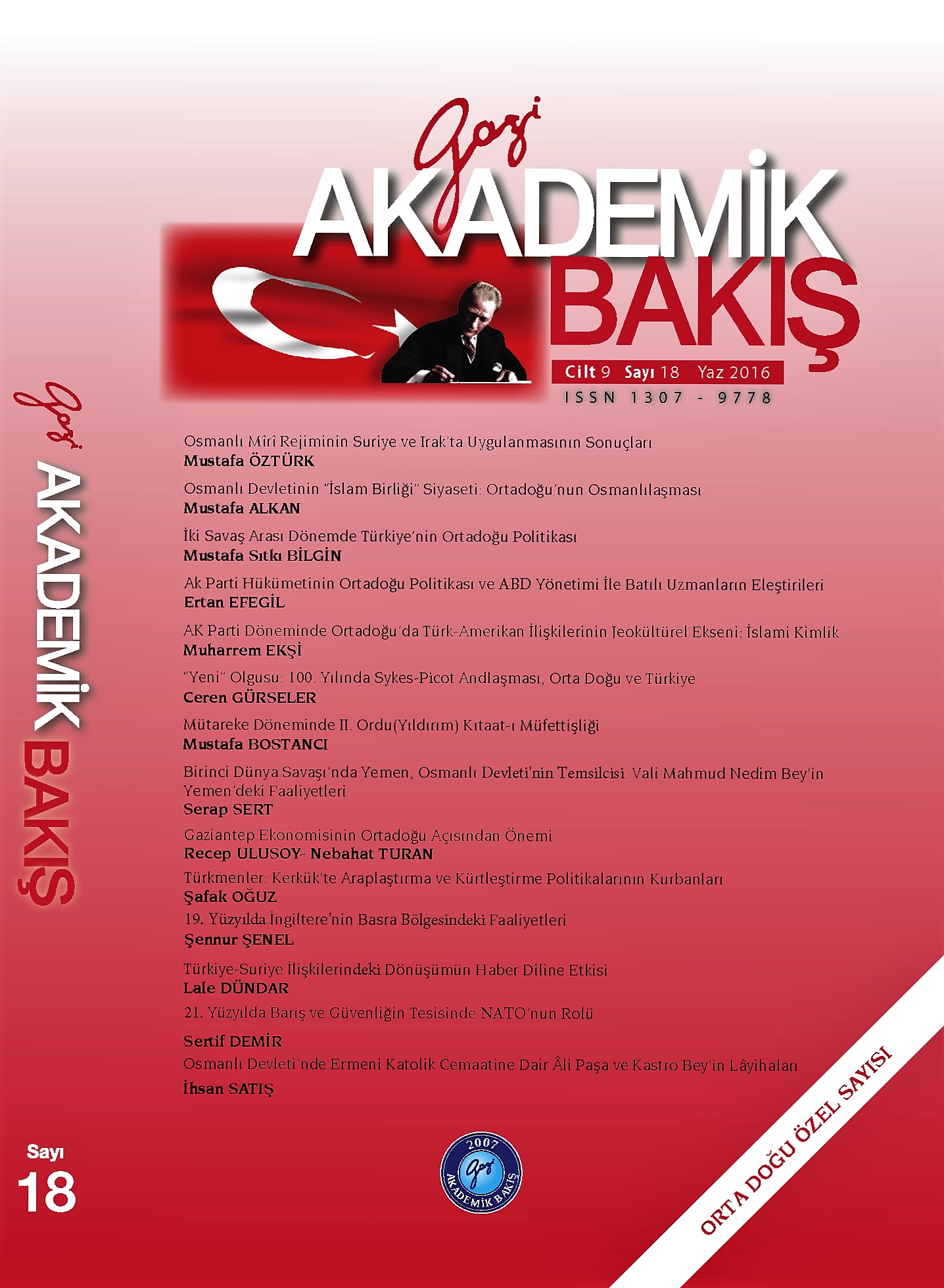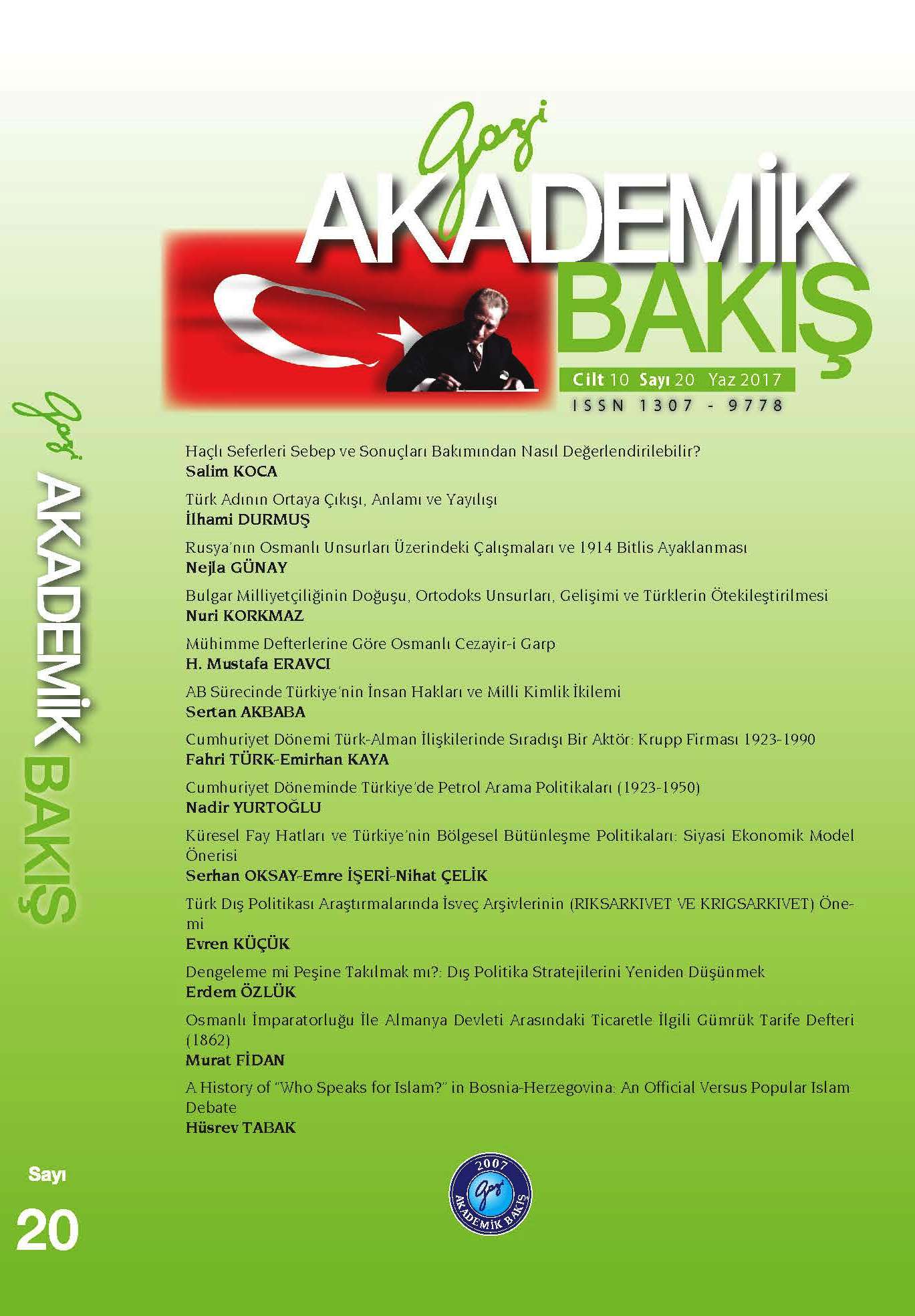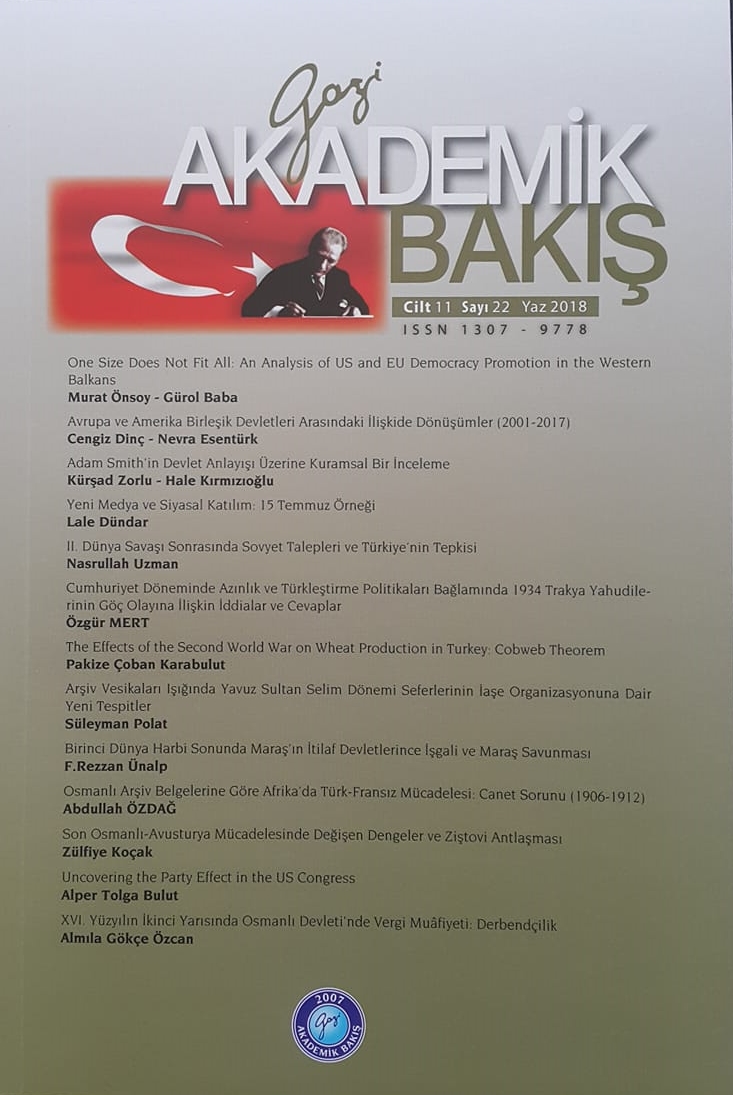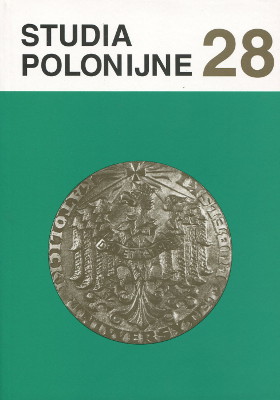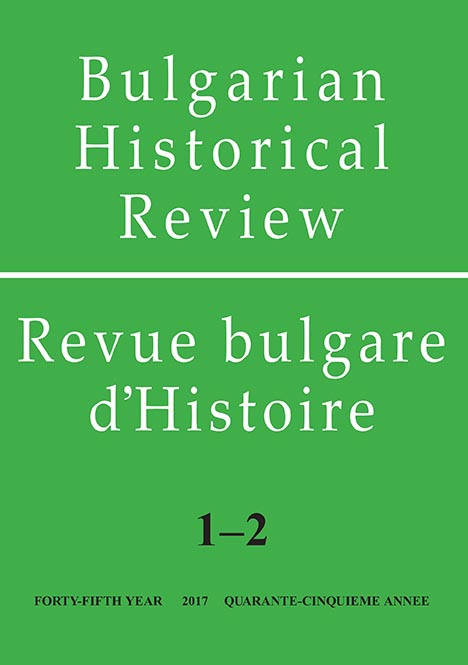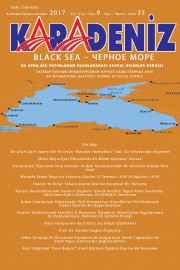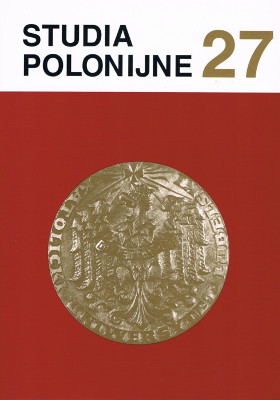Author(s): Soňa Gabzdilová / Language(s): English
Issue: 3/2017
The paper is devoted to the status of the Hungarian minority’s teachers in Slovakia after the establishment of the Czechoslovakian Republic (CSR) at the end of 1918. The CSR was a state including several ethnic minorities. Hungarians were the most numerous ethnic minority in the Slovak parts. After the foundation of the CSR, the economic, political, social and ideological situation in the country changed radically. Some of the changes affected inhabitants of Slovakia only indirectly, others interfered with their way of life to a significant degree. One of the areas which underwent a substantial change was education in all types of schools. Practically all aspects of life for inhabitants of Slovakia differed from Czechs; this was a result of their cultural and historic development within the Austro-Hungarian Empire. This to a great extent was true in the sphere of education. Whereas the Czech language as a teaching medium was already being used actively in schools before 1918 in the Czech lands and Moravia, in Slovakia, with the exception of some elementary schools run by the Church where education was carried out in the Slovak language, the Hungarian language was exclusively used in all schools. After 1918 education in Slovakia underwent a profound change. In regions with a Slovak majority and also in ethnically mixed areas, schools were “Slovakized”; that is, the Slovak language as a teaching medium was gradually implemented. This measure inevitably impacted negatively on the Hungarian teachers. To operate as a teacher in the CSR required the teachers to adapt to the new situation. It was not only a requirement to be proficient in the Slovak language, but also radically change their ideological attitude. Instead of Hungarian patriotism, which was a necessary condition for being accepted as a teacher in Hungary, teachers, regardless of their nationality, were required to exhibit a positive attitude to the Czechoslovak Republic. Suddenly, Hungarian patriotism was classified by the Czechoslovak state authorities as a hostile ideology and was punished by loss of job. Hungarian pedagogues, who constituted a significant part of the Hungarian intelligentsia, were deeply traumatized by this change. As a professional community whose living was based on the Hungarian language, their very professional existence was threatened. The new school administration, represented by the Ministry of Schools and National Enlightenment in Prague and by the Department of Schools in Bratislava, were fully aware of the ideological influence of teachers upon forming the attitudes of their pupils and students; and in that sense their relationship towards the CSR. Therefore, a hostile attitude to the Republic was not tolerated. The Minister Plenipotentiary for Slovakia repeatedly declared that the forming of the political and civic attitude of the young generation was in the hands of teachers and consequently also the future of the country, and therefore the process of hiring pedagogues had to be paid great attention to. According to the Law no. 64/1918 Zb. z. a n. adopted on December 10th 1918, teachers of state schools of the Hungarian Kingdom, as with other government employees, were retained in their positions on condition of performing a “promise of loyalty” to the Czechoslovak Republic. The teachers and professors were informed that if they were fluent in the Slovak language and performed the required Loyalty Promise to the CSR, they would be allowed to continue to teach. It was classified by the state authorities as a proof of allegiance to the Republic. The requirement of the Loyalty Promise to the CSR was, however, judged by many Hungarian teachers as illegal because the territory of Slovakia was according to international law still a part of Hungary. They were not willing to accept the existing situation and the inclusion of Slovakia into the CSR was considered as temporary; with the hope that the geopolitical situation would reverse back to a status quo ante. As a result many Hungarian teachers remained passive or refused outright to perform the Loyalty Promise to the CSR. The leading exponents of the Ministry of Schools and National Enlightenment in Prague and the Department of Schools in Bratislava were convinced that the functioning of Slovak schools would be possible only in the ideological framework of Czechoslovak patriotism and this could not be realized with the Hungarian teachers. Hungarian pedagogues were judged by government authorities as a priori untrustworthy. This resulted in mass dismissals of Hungarian pedagogues from schools in Slovakia, especially during the first months after the establishment of the CSR. According to records made by the Department of Schools and National Enlightenment in Bratislava, which was authorized to carry out the dismissals, in April 1919, 1,100 Hungarian teachers were dismissed. As well as this, before March 1919 approximately 300 teachers had already been dismissed with no warning. The total numbers of Hungarian teachers dismissed during the period from the end of 1918 till September 21st 1921 reached 2, 397 persons. 129 (5.38 %) teachers were subsequently re-hired. The reasons for the dismissal of Hungarian pedagogues according to the Czechoslovak authorities were: the absence of knowledge of the Slovak language, a reluctance to perform the promise of loyalty and a hostile attitude towards the Czechoslovak Republic. Many Hungarian teachers did not wait to be dismissed and left their posts at schools “voluntarily”. At the beginning of the 1920s, at all schools levels pedagogues were teaching who, regardless of their ethnic extraction, had received or were receiving their education in Hungarian educational institutions. Some of them were able to communicate in Slovak language, but few were proficient in Slovak to such an extent as to be able teach in this language. In that regard Hungarian teachers were at a great disadvantage. At the time of the establishment of the Czechoslovak Republic there was a huge lack of teachers able to teach in the Slovak language. The authorities tried to solve the then situation through inviting Czech pedagogues to Slovakia. However, the arrival of Czech teachers was not always welcomed by the Slovak population and largely, and more especially, the Hungarian minority. The Czech teachers were perceived as intruders who had come to Slovakia to rob Hungarian teachers of their jobs, whereas Hungarian teachers were deemed by state authorities as essentially foreigners from the previous empire. Those pedagogues who were members of Hungarian opposition political parties were especially viewed suspiciously by the authorities.
More...
